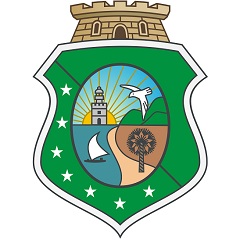Enunciados de questões e informações de concursos
This text refer to question
There seems to be an ever-growing gap between what is taught and learned in relation to the English language in regular schools and language schools in Brazil. By the first half of the twentieth century, the legislation emphasized the practical aspects of learning a foreign language. However, as there was little time dedicated to the teaching of foreign languages and few prepared teachers, the practical aspects of mastering a foreign language were not applied. According to the Lei de Diretrizes e Bases (Brazilian educational laws), enacted in 1996, foreign language teaching became mandatory. Since then, the Ministry of Education does not decide that English is the foreign language taught, being the choice up to each school. Nevertheless, English is the main foreign language in the country. The PCNs (Parâmetros Curriculares Nacionais), which are references for Elementary and High School teaching proposed by the Brazilian Ministry of Education, refer to this situation (Brasil 1998, p. 19): Even though the knowledge of foreign languages is highly looked upon by society, these foreign languages, as subjects, find themselves out of place in schools. The dissemination of language schools is clear evidence for such affirmation.
Carina Silva Fragozo and Mônica Deitos Stedile Monawar. English Teaching and Learning in Brazilian Regular Schools and Language Schools: A Study on Teachers’ Beliefs. In: Journal of Education and Learning, vol. 1, n.º 2, 2012 (adapted).
The word “mandatory” is the same as
-
unconstrained.
-
voluntary.
-
unnecessary.
-
discretionary.
Outras questões do mesmo concurso: SEDUC CE / Prof (SEDUC CE) / 2013 / Língua Inglesa


